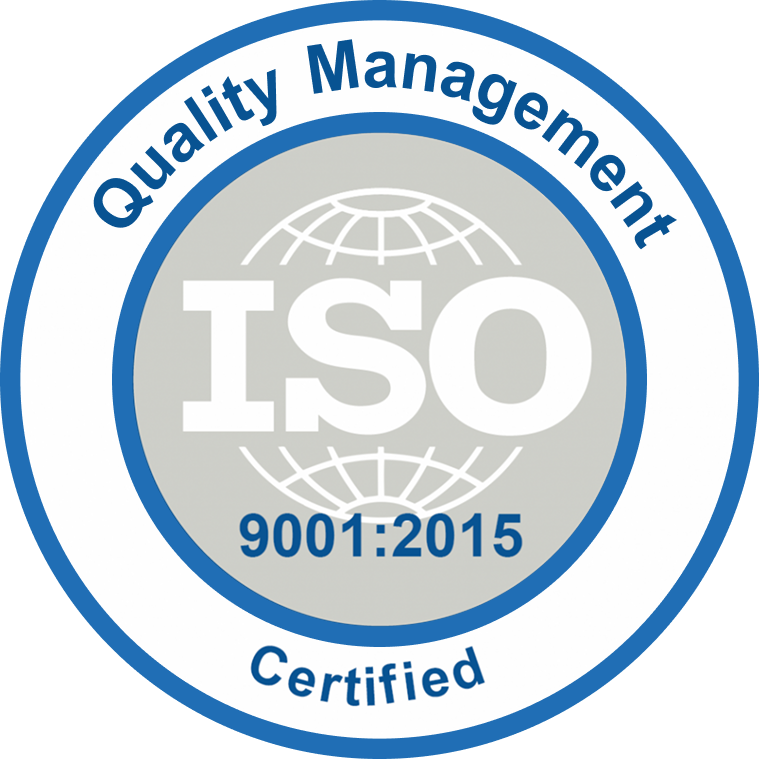Currently mobile applications must deliver consistent performance, seamless user experiences, and robust scalability across devices and platforms. Microsoft’s Azure Mobile App, a critical tool for IT professionals and cloud administrators, underwent a significant transformation by leveraging .NET Multi-platform App UI (.NET MAUI), Microsoft’s latest cross-platform development framework.
This decision wasn’t arbitrary; it was a strategic move to future-proof the app, enhance performance, and simplify cross-platform development. If your business is considering cross-platform app development, Microsoft’s choice of .NET MAUI offers valuable insights into why this framework is the right move for your applications, too.
Why Azure mobile app matters
The Azure Mobile App empowers IT professionals and cloud administrators to monitor, manage, and act on their Azure infrastructure, anytime, anywhere. Its key capabilities include:
- Real-time monitoring of resources like VMs, databases, and storage
- Instant alerts and issue resolution
- Secure access to Azure services on mobile
- Quick deployment and management of cloud applications
With millions of Azure users depending on its reliability and performance across both Android and iOS, Microsoft needed a robust framework for future growth. That’s why they moved from Xamarin to .NET MAUI.
Continue Reading
Why Microsoft migrated from Xamarin to .NET MAUI
Xamarin served its purpose for years, but with its end-of-life scheduled for May 2024, Microsoft turned to its modern successor, .NET MAUI. Here’s what drove the decision:
1. Single Codebase for True Cross-Platform Development
.NET MAUI was the natural successor, offering a significant advancement in unified app development. It allows developers to write once using a single C# codebase and deploy the app across iOS, Android, Windows, and macOS. This unification reduced development overhead, minimized the need for platform-specific customizations, and enabled Microsoft to roll out features more quickly.
It also simplified debugging, streamlined code maintenance, and provided greater development agility, critical for an enterprise-grade mobile application like the Azure Mobile App.
2. Delivering Native Performance Across Platforms
With .NET MAUI, Microsoft was able to maintain the native look and feel of the Azure Mobile App while leveraging a single codebase. The framework enables developers to use native UI components for each platform, which resulted in faster load times, improved responsiveness, and a more intuitive user experience. By tailoring the interface to platform-specific design standards and accessing device capabilities like notifications and camera functions, .NET MAUI ensured that the app delivered a polished, native-quality experience on both Android and iOS.
3. Improving Developer Productivity and Reducing Costs
One of the most significant outcomes of adopting .NET MAUI was the enhancement in developer productivity and cost efficiency. By eliminating the need to manage separate platform-specific teams or projects, Microsoft reduced development redundancy and operational overhead.
The unified project structure allowed developers to iterate faster, fix bugs more easily, and accelerate release cycles. This consolidation translated into lower development costs while enabling a single team to deliver high-quality results across multiple platforms—an approach that makes practical and financial sense for businesses aiming to do more with less.
4. Leveraging Microsoft Ecosystem Integration
Since .NET MAUI is part of the .NET 8 ecosystem, it integrates seamlessly with Azure, Visual Studio, and other Microsoft services, making development smoother. Key integrations include:
- Azure Functions & APIs for cloud connectivity
- Visual Studio & .NET Hot Reload for rapid iteration
- Azure Authentication & Security for enterprise-grade protection
5. Securing Long-Term Viability
Migrating to .NET MAUI ensured that Microsoft’s Azure Mobile App remains future-ready. With Xamarin officially deprecated, staying on it would have meant increased security risks, lack of updates, and growing incompatibilities with modern systems. MAUI, on the other hand, is actively supported, regularly updated, and fully aligned with Microsoft’s evolving technology stack.
By building this foundation, Microsoft ensured ongoing access to the latest features, performance optimizations, and security updates, protecting both the application and its users.
What this means for your business
Microsoft’s adoption of .NET MAUI signals more than just a framework preference; it’s a template for modern app development. Here’s how your organization can benefit:
Accelerated Development and Updates
One codebase means faster releases across platforms, improving your time-to-market.
Reduced Costs, Better Quality
Consolidate development efforts and reduce development, maintenance, and update costs while still delivering native-quality experiences.
Seamless Azure and Cloud Integration
Ideal for businesses relying on Azure, Microsoft 365, or enterprise applications, as .NET MAUI offers deep integration within the Microsoft ecosystem.
Future-Proof Mobile Strategy
Align with Microsoft’s roadmap and stay secure and scalable for years to come.
Why you should follow Microsoft’s lead
If your app is still running on Xamarin or if you’re planning to build a new cross-platform mobile solution, now is the right time to evaluate .NET MAUI. Microsoft’s migration of its mission-critical Azure Mobile App demonstrates how the framework delivers superior user experiences, optimizes development efforts, and supports long-term scalability. Whether you’re a CTO, product manager, or business owner, .NET MAUI provides the tools and support necessary to deliver high-performing mobile applications in today’s dynamic cloud landscape.
At AVASOFT, we help enterprises navigate their mobile app transformation journeys with modern tools like .NET MAUI. If you’re ready to elevate your mobile experience, streamline your development process, and ensure future compatibility, reach out to AVASOFT today.
Let us show you how .NET MAUI can power your next-generation mobile app strategy.

